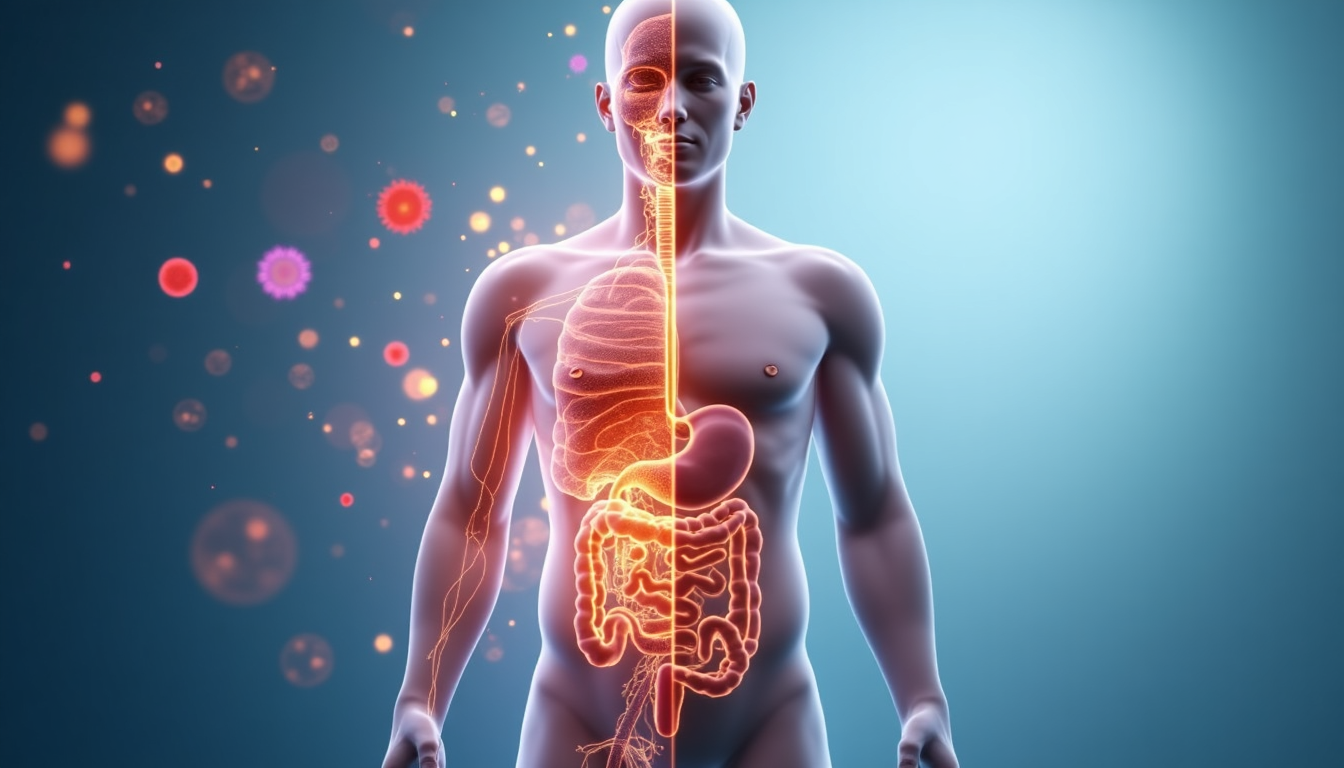
Hormone Imbalances and Sleep: Why Cortisol and Progesterone Matter
Hormone imbalance and sleep is often an overlooked relationship when considering sleep problems. Difficulty falling asleep, waking in the night, or feeling unrefreshed in the
Researchers at Newcastle University have recently discovered that Brazilian mint tea, brewed from the plant hyptis crenata, reduces response times to painful stimuli in mice. The researchers compared the tea to the drug Indometacin, which is similar to aspirin, suggesting that the tea could be as effective as commercial analgesics. The tea has been used traditionally by Latin American healers to relieve headaches, flu and fevers.
A survey of 975 people in the UK reported that 21% experienced pain every day or on most days; non-opiod analgesics are the first line of treatment on the World Health Organisation’s analgesic ladder. However, all of these drugs have side-effects; aspirin and other non-steroidal anti-inflammatory drugs such as ibuprofen may cause digestive disorders and paracetamol can place a strain on the liver. If researchers are able to isolate the compounds that provide the tea’s analgesic properties, they may have a valuable addition to the commercial analgesic pharmacy.

Hormone imbalance and sleep is often an overlooked relationship when considering sleep problems. Difficulty falling asleep, waking in the night, or feeling unrefreshed in the

‘Detox’ has become one of the most misunderstood concepts in modern wellness. For many people, it brings to mind juice cleanses, restrictive diets or short-term resets promising quick results. Yet the body’s true detoxification systems are far more complex — and far more intelligent — than any cleanse.

Anxiety and gut health are closely linked through the gut–brain axis. Research suggests the gut microbiome, neurotransmitters and genetics may influence stress responses and emotional well-being. Exploring gut microbiome and nervous system insights can help build a more personalised understanding of anxiety.

Strange symptoms can puzzle anyone. Your body might show signs ranging from headaches and skin rashes to digestive problems and anxiety. Doctors sometimes struggle to explain these mysterious health issues that affect millions of people worldwide.
Please do not return samples to the laboratories that may arrive after Wednesday 27th March and up to and including Monday 2nd April.
The laboratories are closed from the 28th March – 2nd April for the Easter Holiday.